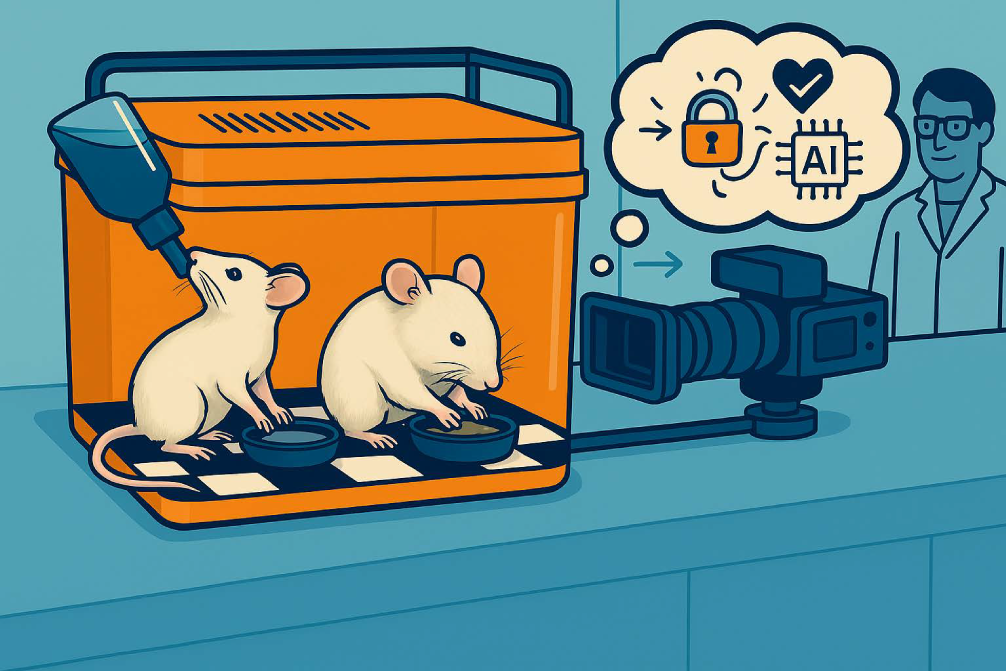We took part in a speed-dating style careers event at Oxford Brookes University last Thursday, where we advised biological science students on options for their future career.
Oxford Brookes careers event 2014 We took part in a speed-dating style careers event at Oxford Brookes University last Thursday, where we advised biological science students on options for their future career. Students often reach a crisis as the end of their degree looms. What should they do next? What jobs can they do? Should they take further study? We went along to Oxford Brookes University on 27 March to help explain the opportunities out there and answer their numerous questions. Over a hundred students registered for the Oxford Brookes Health & Life Sciences Careers Event, and there were over 40 employers and experts there to offer advice. In order to ensure that all students had the opportunity to talk to all of these employers in the short window from 6.30pm to 8pm, it was run as a ‘speed-networking’ event, with groups of three rotating around the companies, and were given just seven minutes to speak to each employer. It therefore resembled speed-dating, with a strict time limit that you could spend talking to each person. The hall was laid out as it would be for an exam – rows of tables in neat lines, grouped into separate faculties. MRC Harwell had two tables, with our ‘double act’ working together to cover all of the major career routes that the students might want to consider. It was an intense experience, with almost constant talking for the full hour and a half. At the first table, the students met Dr Nanda Rodrigues, who worked as a postdoctoral researcher at Oxford University and is now our Head of Scientific Business and Administration. She told them about career routes that require a PhD, including those of a postdoctoral researcher, clinical fellow, senior scientist, project manager and director. While first year students found this somewhat useful for decisions such as whether to take a placement, it was the second and final year students who said they benefited from these discussions most. Students then moved onto the other table, where Jeremy Sanderson explained to them about science career routes that do not require a PhD. His first job was as a careers advisor, and he still takes an interest in offering guidance to students. Jeremy’s own career in science began as a biomedical scientist in the NHS, after which he switched to working in academia. He has a particular interest in microscopy is now our Bio-imaging Facility Manager. Together, these experiences gave the students the chance to hear about two very different sides of the same coin and provided an insight into the major career routes they can take in science. Whether to commit the next three or four years of their life to a PhD is a major decision, and by no means an easy one to make. We hope that the advice and experiences we shared will equip them with the information they need to make the right choice.


